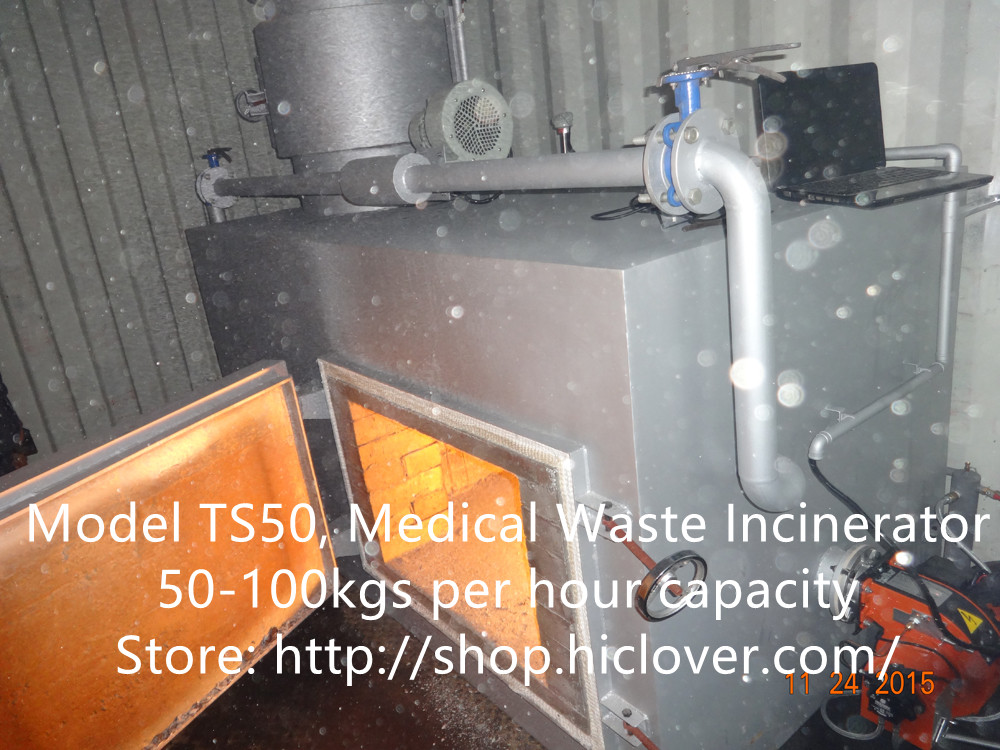The Controversy Surrounding Incinerators: Benefits and Drawbacks- incinerator meaning

Incinerators, also known as waste-to-energy facilities, have become a subject of controversy in recent years. While some view them as a necessary solution to managing increasing levels of waste, others argue that the negative impacts they have on public health and the environment outweigh any potential benefits.
One of the main arguments in favor of incinerators is their ability to reduce the amount of waste that ends up in landfills. By burning waste at high temperatures, incinerators can reduce its volume by up to 90 percent, significantly reducing the need for landfill space. This can be particularly beneficial in densely populated areas where land for landfill sites is limited.
Additionally, incinerators can generate electricity by converting the heat produced from burning waste into energy. This can help to reduce reliance on fossil fuels and lower greenhouse gas emissions. In fact, some incinerators are able to produce enough electricity to power thousands of homes.
Despite these potential benefits, there are also numerous drawbacks associated with incinerators. One of the main concerns is air pollution. Incinerators release a variety of harmful chemicals and pollutants into the air, including dioxins, heavy metals, and particulate matter. These pollutants can have serious health impacts, such as respiratory problems, heart disease, and even cancer.
Furthermore, incinerators produce ash and other byproducts that can contain toxic substances. Proper disposal of this residue is crucial to prevent contamination of soil and water sources. In some cases, improper ash disposal has led to environmental damage and health risks in surrounding communities.
There is also the issue of public perception and community opposition to incinerator projects. Many people are concerned about the potential health risks and environmental impacts associated with these facilities, leading to vocal opposition and protests against their construction.
In conclusion, while incinerators offer a potential solution to the growing problem of waste management, the controversy surrounding them is not unwarranted. It is important for policymakers and the public to carefully weigh the benefits and drawbacks of incinerators before deciding to invest in or expand these facilities. Finding a balance between waste reduction and environmental protection is crucial in ensuring a sustainable waste management strategy for the future.